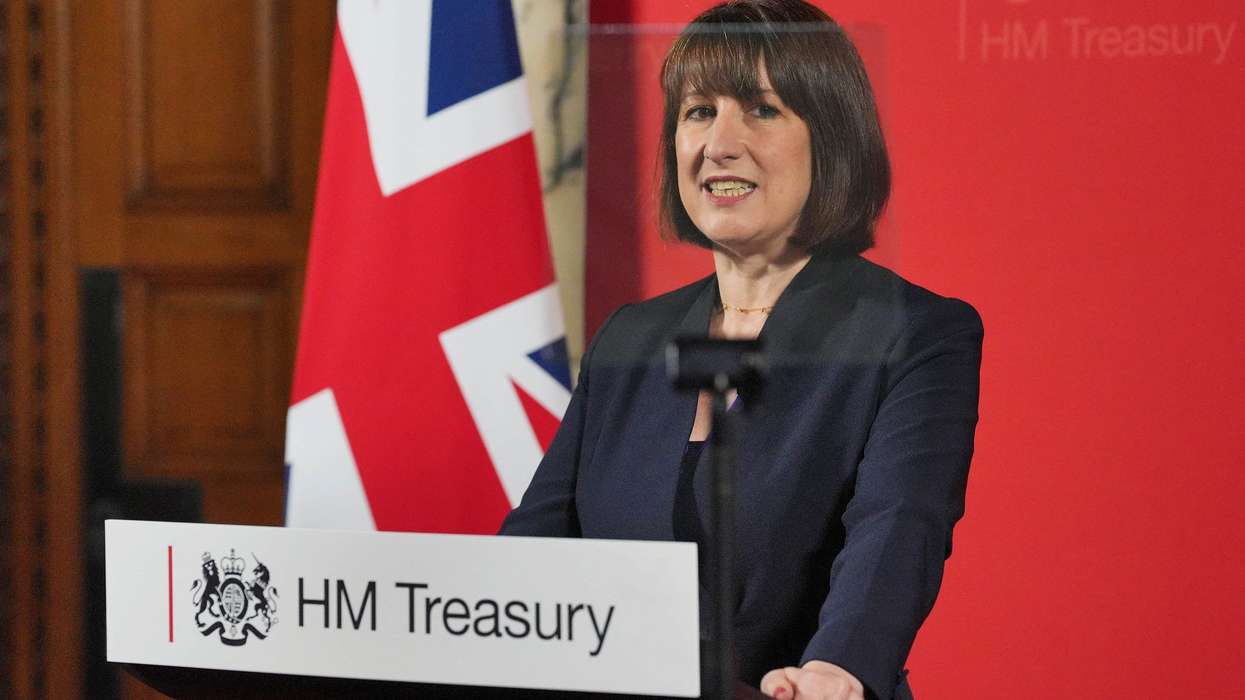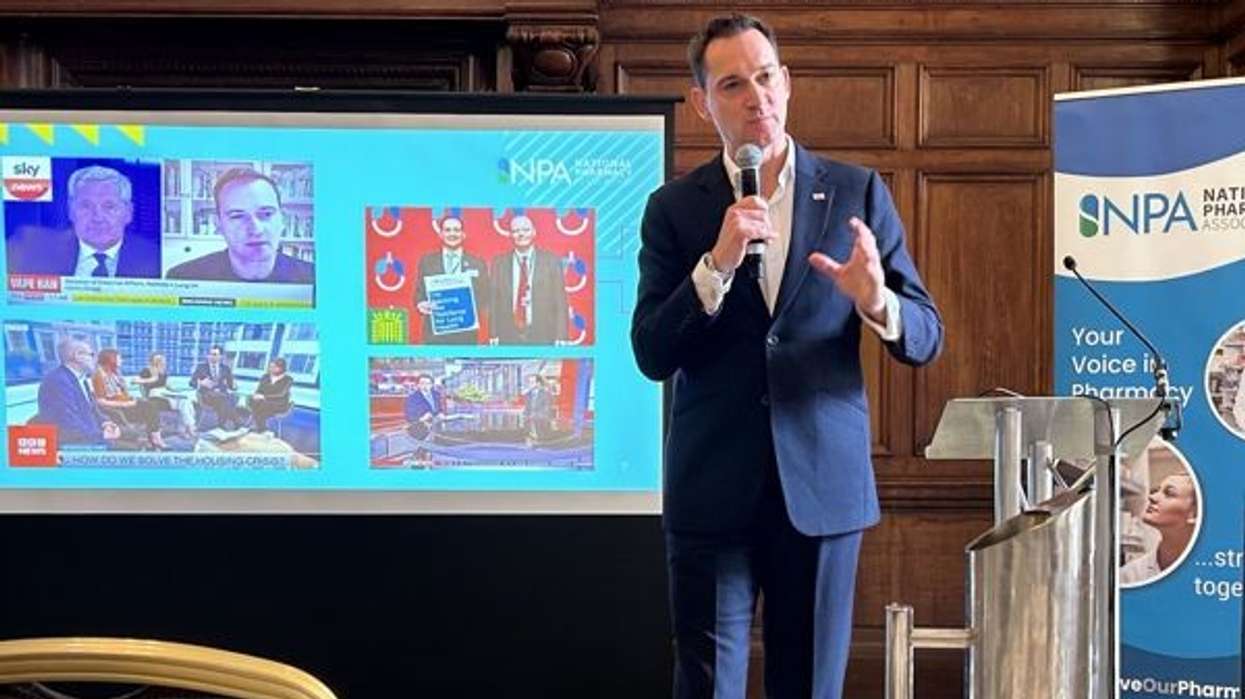By Jeremy Meader
The Labour government recently announced their 10-year plan for the NHS with billions promised in funding across the entirety of the healthcare sector.
While initially it appeared to be a blessing, but as various sectors have begun to review, they’ve realised Sir Keir Starmer’s administration appears to be light on detail.
One thing that seems clear about the government’s report is - ironically - its total lack of clarity.
This lack of specificity does not allow pharmacists to fully plan for the future. There is an outline of what could come to pass but nothing that really clearly defines their ideas in terms of pharmacies role.
One of the major concerns that all pharmacists share is whether or not the sector will be funded appropriately and able to survive.
Currently the government’s own economic review into the pharmacy sector shows we are underfunded by around £1.5 to £2 billion pounds per year.
This equates to every pharmacy in the country operating at an annual deficit of around £150,000 and this is before the increases of minimum wage, national insurance and business rates, which will add even more to the cost of running a pharmacy in 2025 and beyond.
The warning signs for the sector are already clear to see - many pharmacists are forced to wait until their PPA payment to pay suppliers while others admit their direct debits are bouncing.
So many pharmacists around the country are working hard for their patients but are ultimately left living hand-to-mouth every month, and with huge uncertainty over what is yet to come.
And all this comes as the government moves to disband NHS England means there could be almost 50 per cent of staff being made redundant and inevitably a period of internal rather than external focus.
If that is the case, then the significant saving should be used to bridge the funding gap in pharmacy to allow the sector to provide the best care possible for patients in the heart of local communities.
The government has spoken of community hubs but for those of us in pharmacy, we need to know whether this is a case of pharmacy in the local community, potentially located with other healthcare professionals, or if a pharmacist will be placed in a community hub? There is a world of difference, and this really needs to be made clear. It is an important distinction.
The latter isn’t an acceptable option - we’ve had it play out before, with doctors employing pharmacists within surgeries, taking much-needed pharmacists out of community pharmacies. It simply drove up the cost of locum rates because there was a severe shortage of pharmacists available. Patients suffered, as more often than not, locums are focused on dispensing rather than embracing pharmacy services.
We don’t want to see more pharmacies closing, we want pharmacies funded to allow for local areas and patients to have access to the best possible care we can provide.
It is imperative that the government understands how crucial a role pharmacies play in the healthcare sector so we can continue to offer daily guidance and support to patients for many more years to come, across a growing range of treatments.
Another major concern across the pharmacy sector surrounds the analogue-to-digital transition and the challenges this presents to the sector.
Many Brits live well into their 80s now, but they’re not always the most digitally-savvy group. So, the planned switch to digital bookings and apps may well alienate a large portion of the people who rely most on the NHS.
Another issue with switching to digital is the opportunity for cyber hacks to occur, which could present serious issues as well as multiple data breaches.
Many other sectors have experienced these issues, including banks last summer and more recently retailers Co-Op and M&S were paralysed by hackers.
The NHS cannot take this risk with a fully-digital switch, there will have to be a backup plan likely to mean additional cost. The sector also needs to understand the costs that will be incurred to transition to digital and what technology they will be required to have and again how will this be funded?
The most-vulnerable people in society will be either forced to use unfamiliar tech or rely on carers or relatives to book appointments and order prescriptions - potentially putting them at greater risk of being scammed.
A report out last year found more than 1.9 million elderly people living in the UK today have been the victims of scams - each losing an average £4,000.
At 30,000 feet the new NHS plan sounds positive. That said, the pharmacy sector needs to be well represented, with seats at the table as the specific plans are discussed, determined and ultimately agreed.
Pharmacy has a massive role to play and can add so much to the future health of the nation provided the government recognise this and fund appropriately. Pharmacy needs to be an equal partner alongside GP’s and other providers.
Jeremy Meader is the Chief Wholesale Officer of Bestway Healthcare, overseeing brands such as Lexon, Wardles, and Bestway Medhub. Jeremy has over 25 years of experience in the UK pharmaceutical sector, and has worked in executive roles across the industry.












